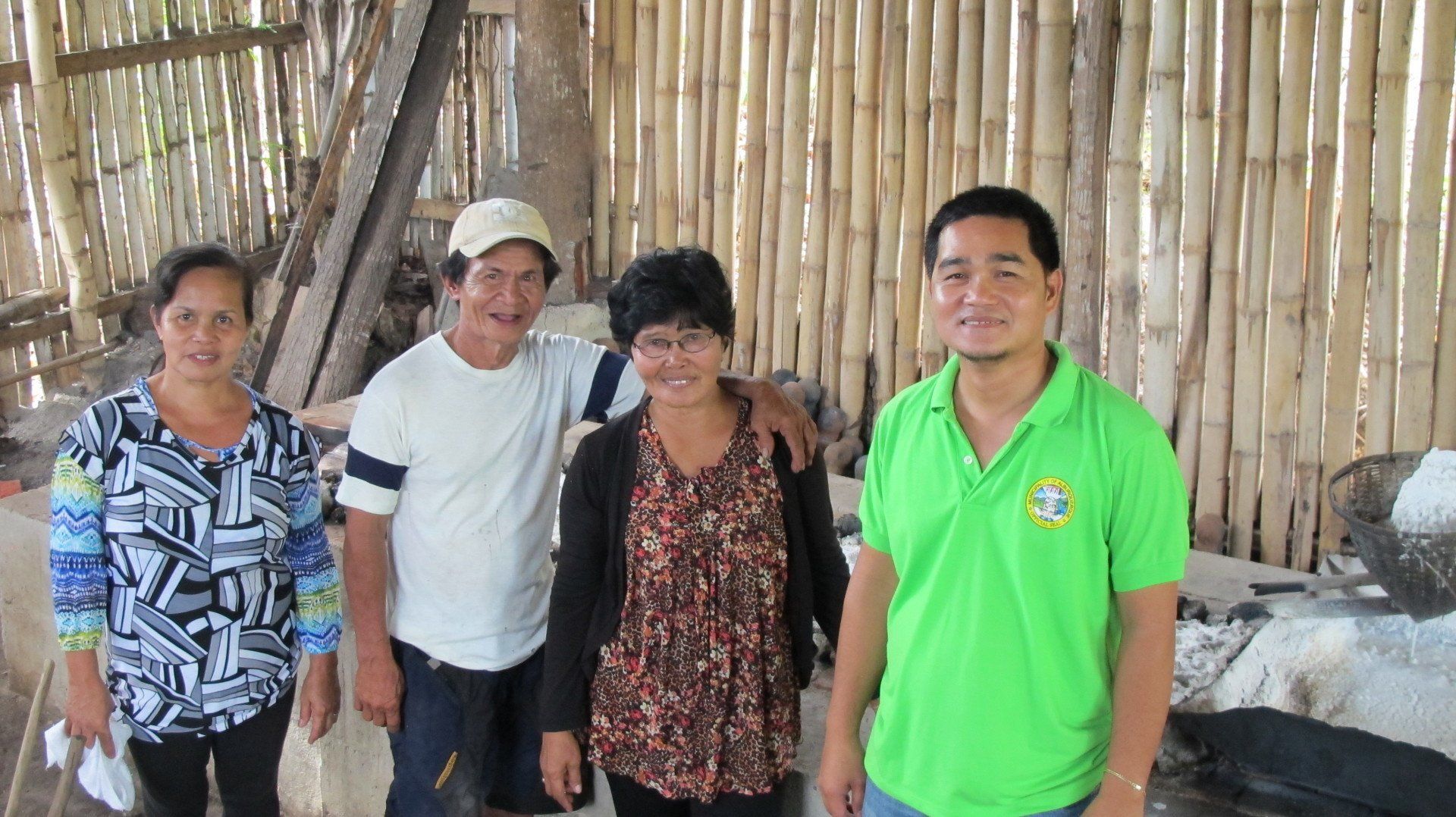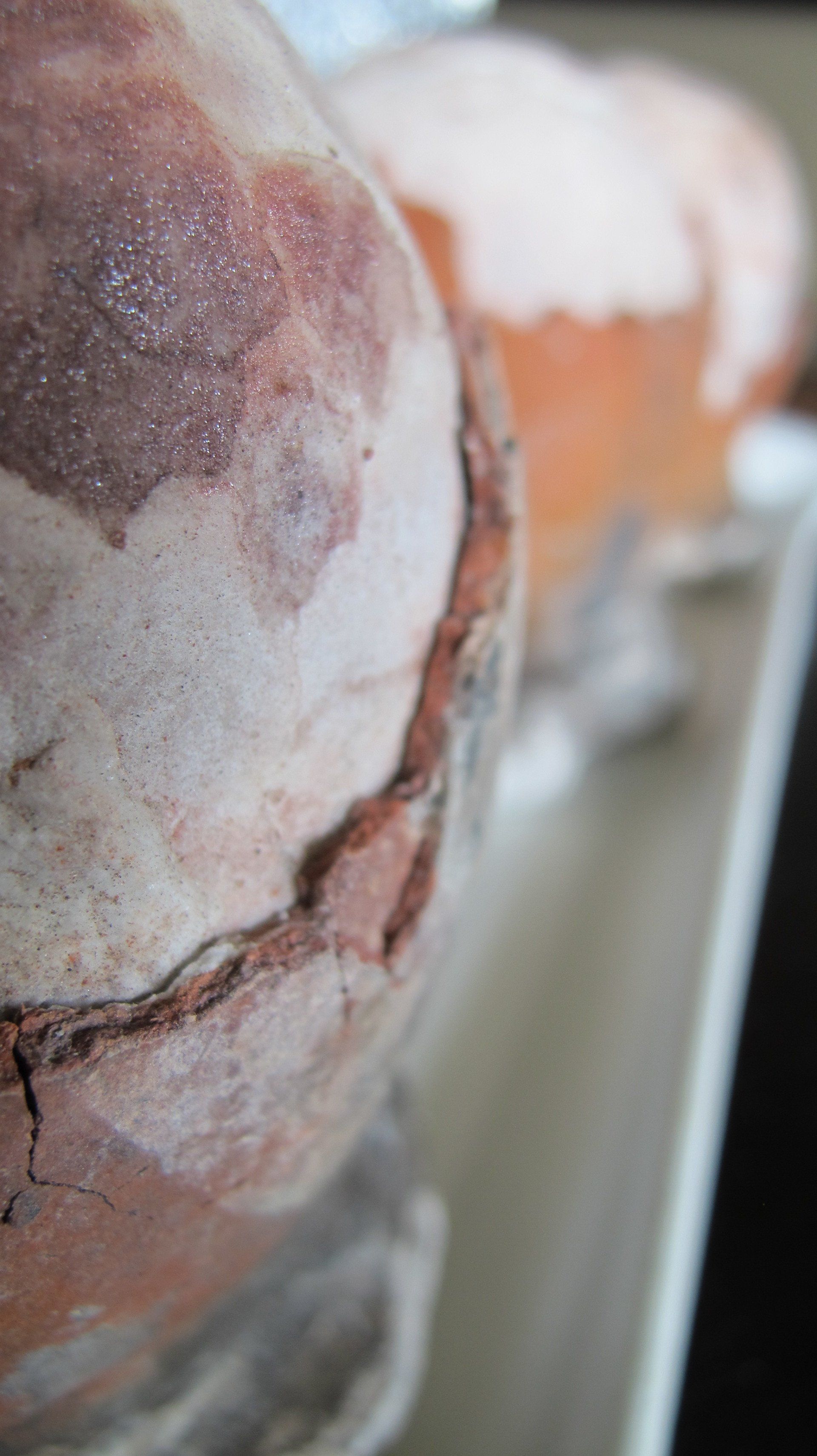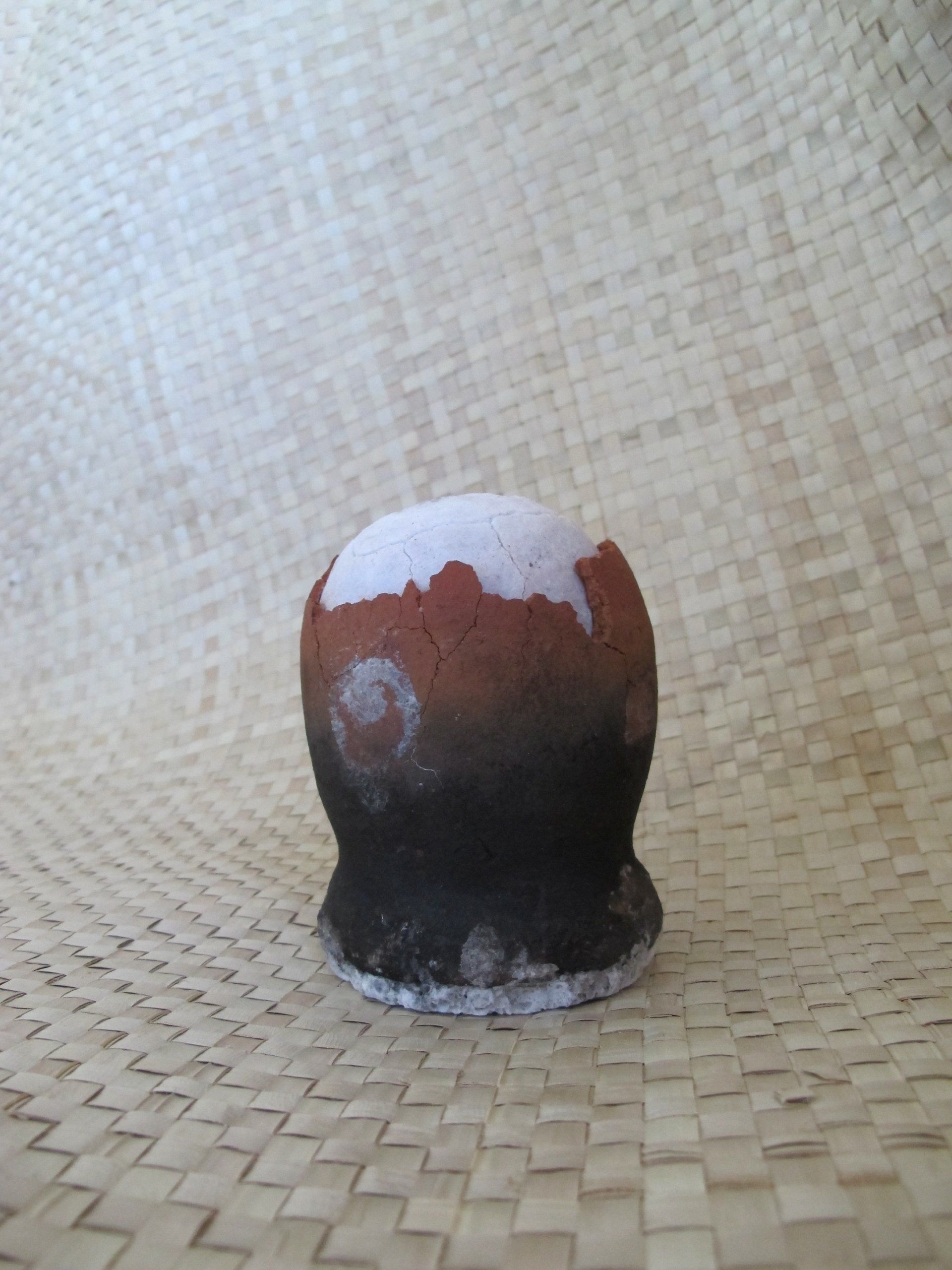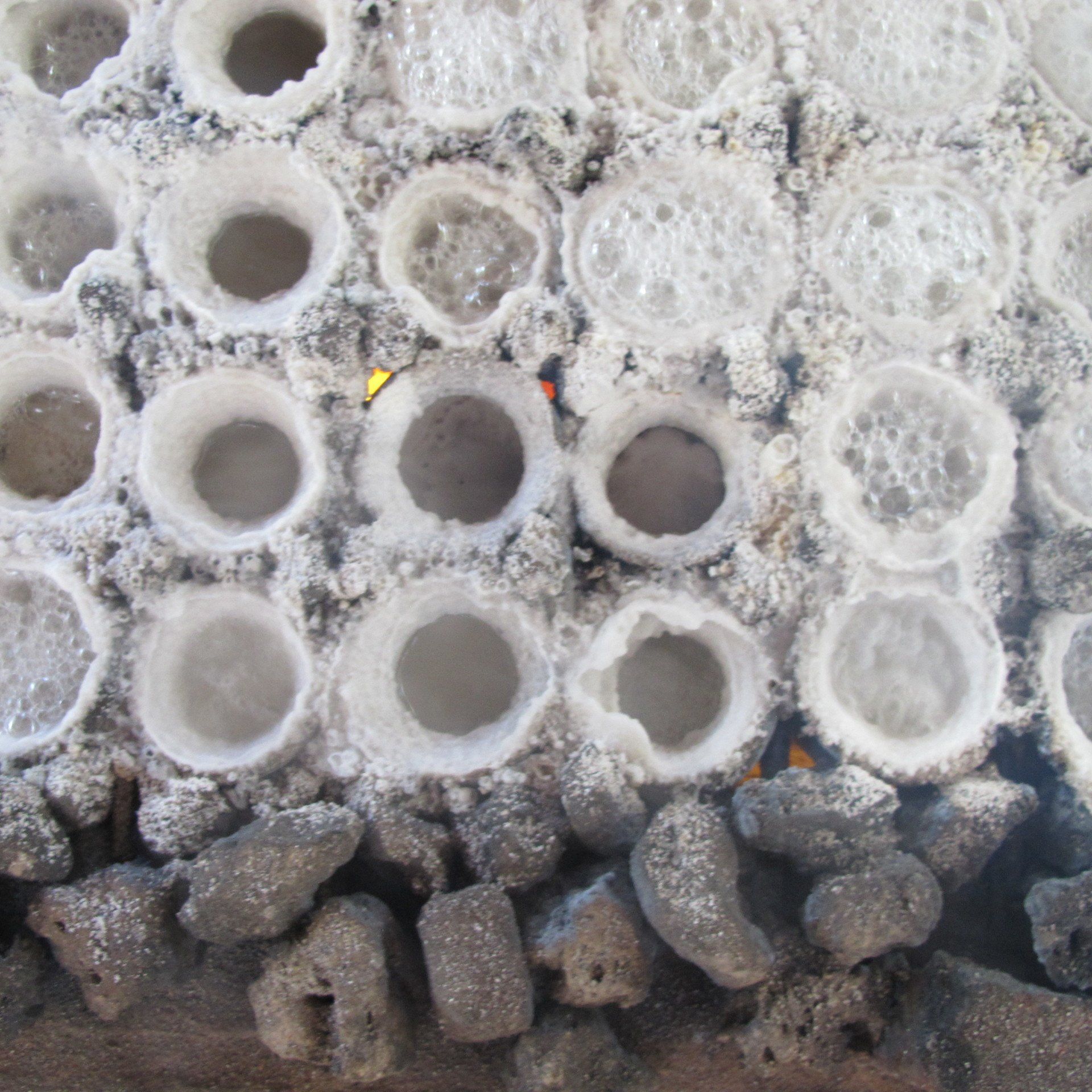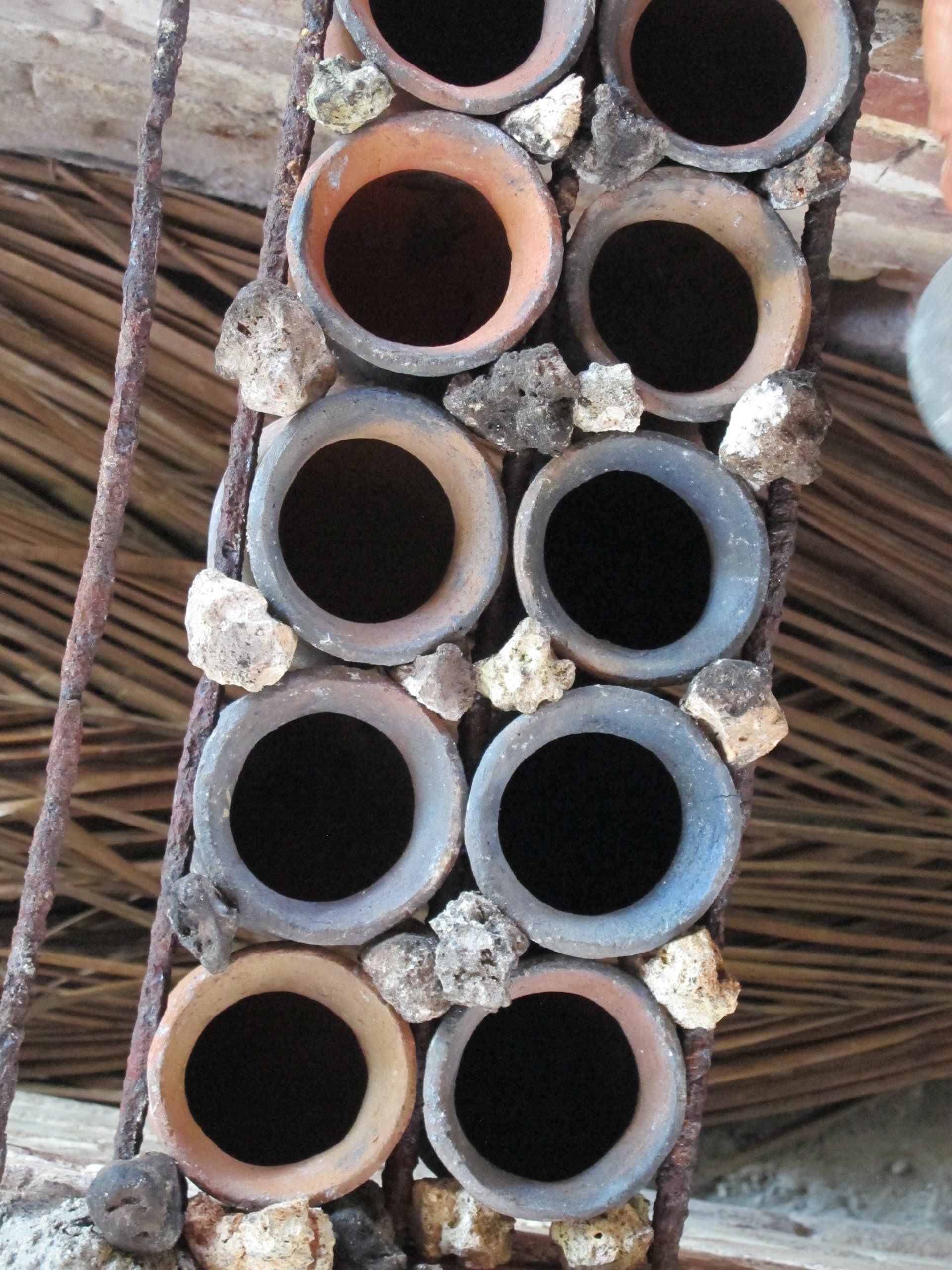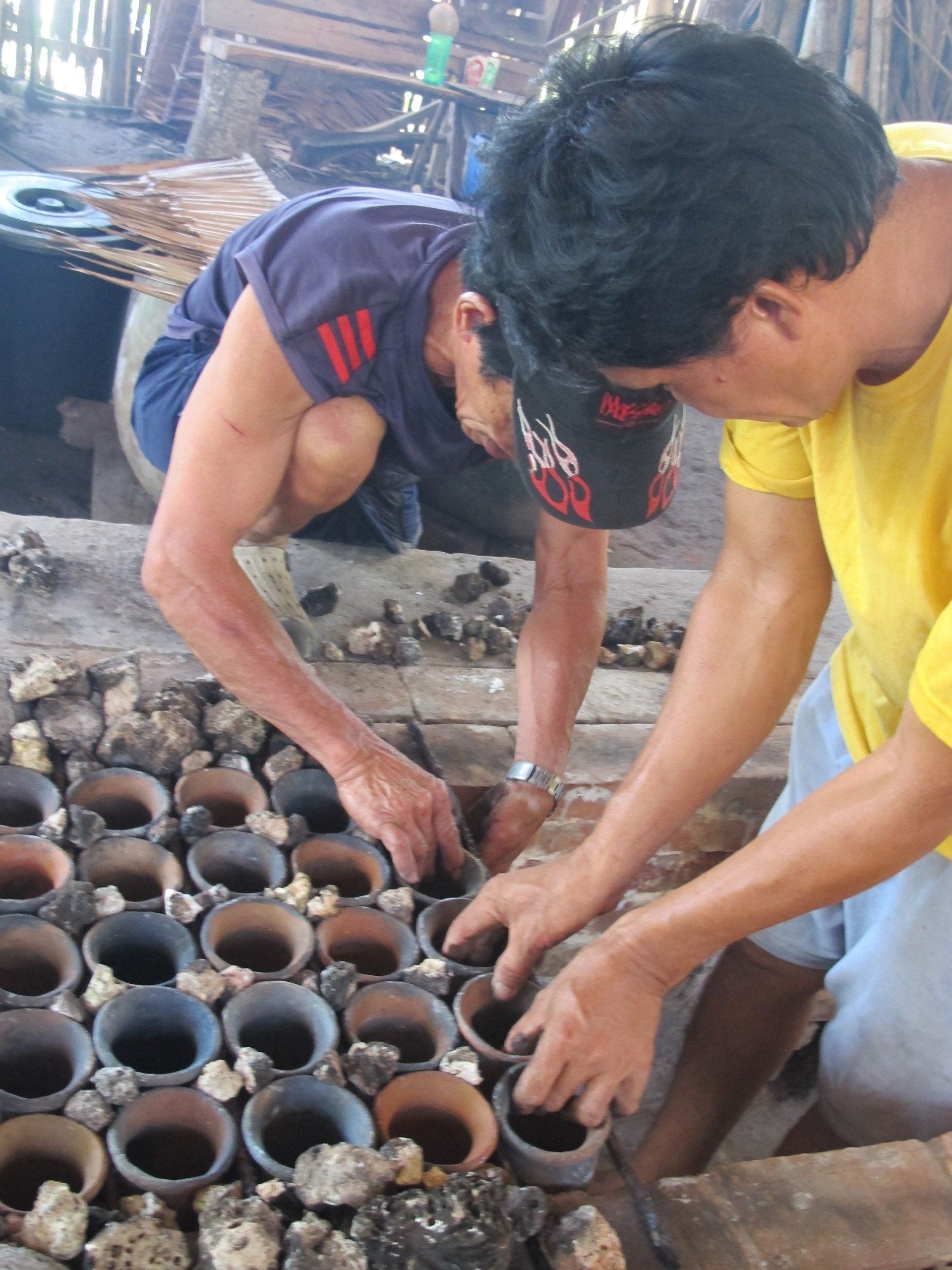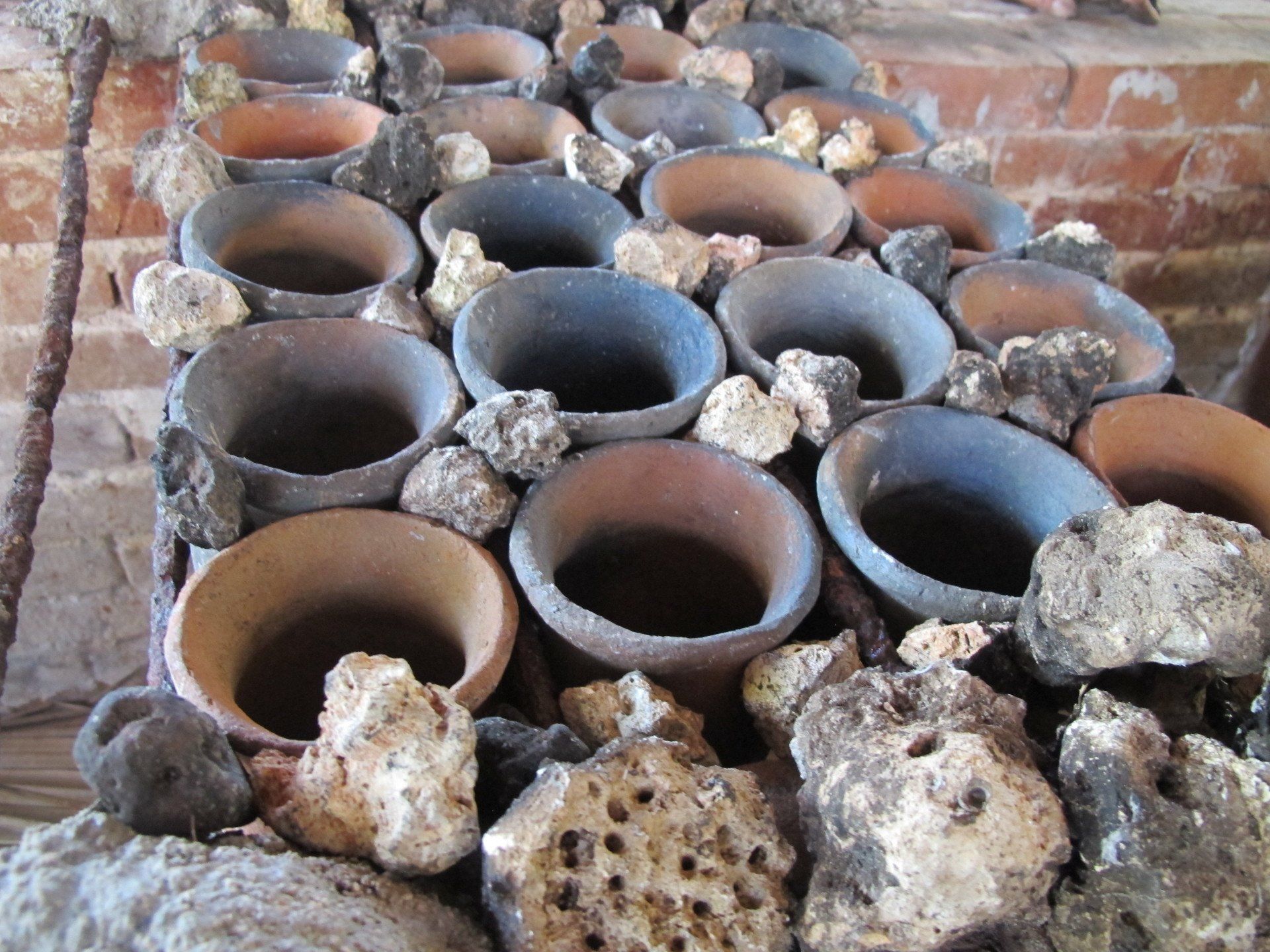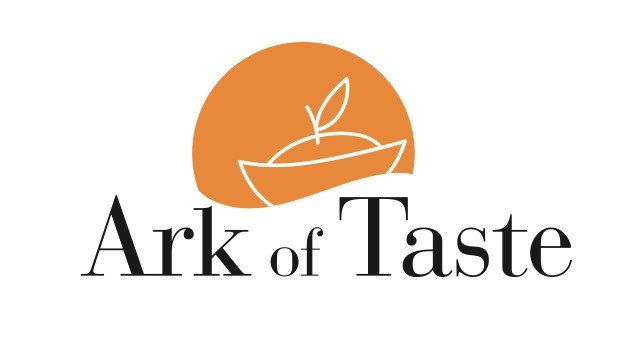ASIN TIBUOK
Rarest of The Philippine Sea Salts
Flavor Profile:
Sharp, earthy sea salt presenting mild smoky undertones on the palate.
NaCl:
pH:
8.83
Product Weight:
Approx. 1 Kilo
Tierra:
Craft Production:
Small Production Levels:
Nearly extinct, knowledge held by few
Slow Food Ark of Taste:
aka The Dinosaur Egg™
Harking from the Philippine Islands’ pre-subjugation by Spain nearly 500 years ago, the Asin Tibuok is on the brink of extinction. This old form of salt preservation that was once used for trade; inland bound rice farmers in need of salt trade with asinderos in need of rice, each obtaining their staple for the year.
In the modern era, Asin Tibuok was inducted into the internationally acclaimed Ark of Taste by The Slow Food Adjudicating Committee made up of members of the Slow Food nonprofit organization. The aim of the Ark of Taste is an international catalogue of endangered heritage foods unique in taste and part of a distinct ecoregion. The Ark is designed to draw attention to the risk that foods such as the Asin Tibuok might disappear in a few generations. Since the foundation of the Ark in 1996, nearly 5,000 candidates from over 149 countries have been inducted since 2018.
Asin Tibuok, a rare “unbroken” artisanal sea salt. Serve shaved using a microplane to give any dish a “salt dusting”. Its application is only limited by the boundaries of your culinary intrigue.
THE ARTISAN @WORK
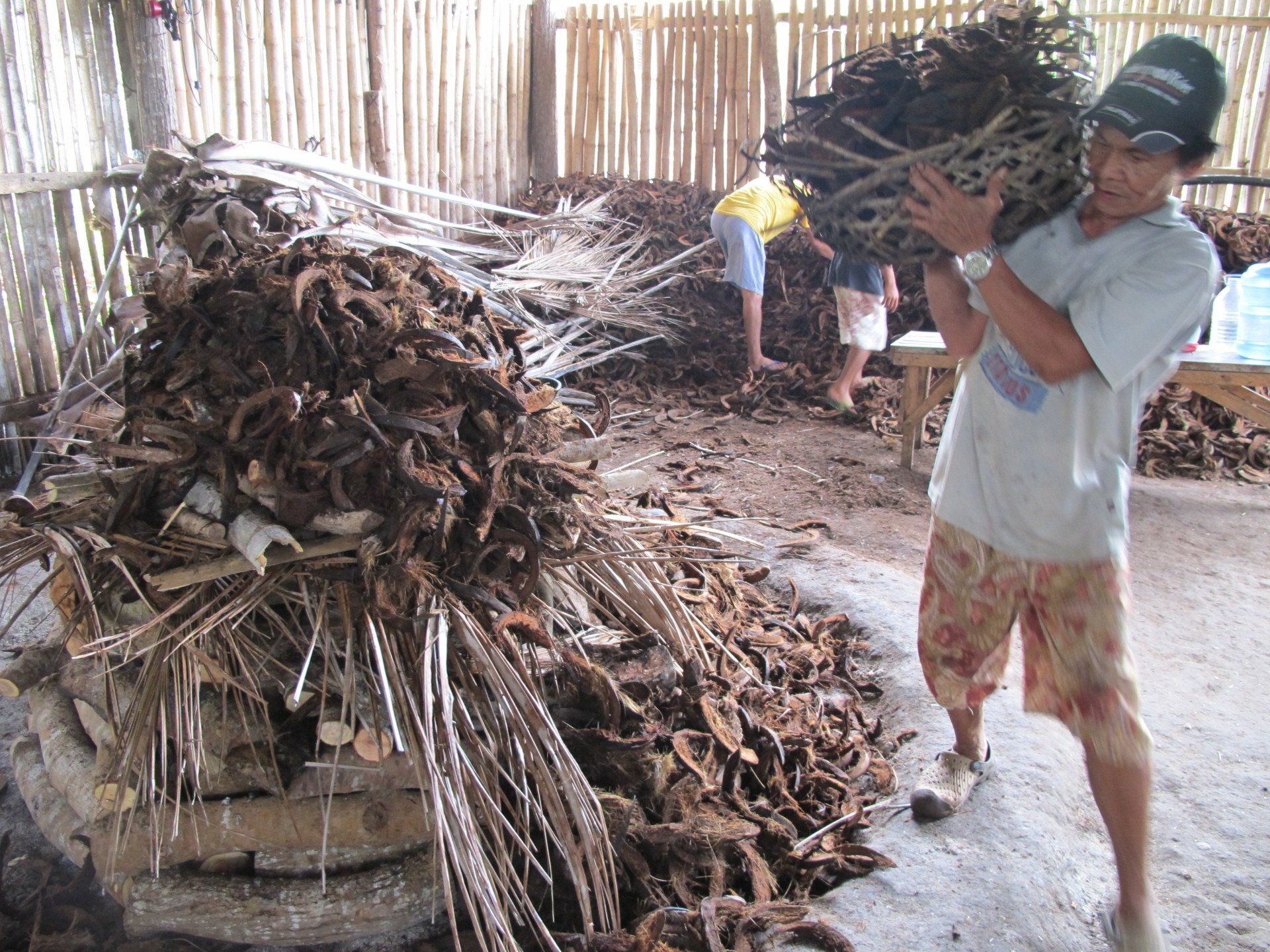
THE FAMILY & THE FARM
Today in Bohol, there are few families left who have dedicated their life ambition to preserving this age-old craft. Their aim is to draw attention to this artisanal salt by allowing the few who visit the Asinan a chance to interact with the family and learn the lore and technique of this authentic artisanal salt – perhaps the rarest in the world, lest it too become lost in time.
